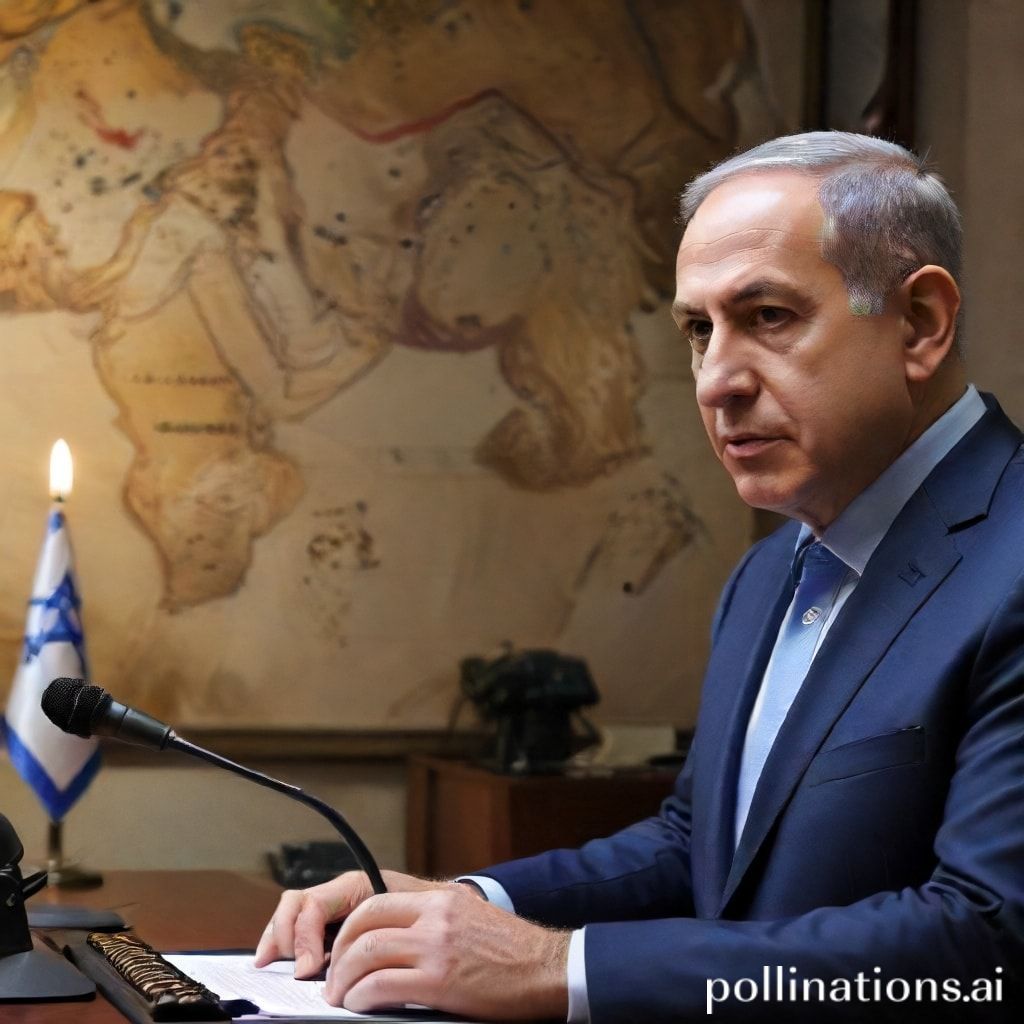
Netanyahu issues statement following US strike on Iran
Netanyahu Issues Statement Following US Strike on Iran: A Deep Dive
Hello everyone, and welcome! Today we're dissecting a significant development in the ever tense Middle East: Benjamin Netanyahu's official statement following the United States' recent military action against Iranian backed militias. This isn't just another news headline; it's a critical moment that could reshape regional dynamics. We'll go beyond the surface, analyzing the nuances of Netanyahu's response, its potential implications, and how it fits into the broader geopolitical landscape.
The Context: US Strikes and Rising Tensions
Before we dive into Netanyahu's statement, let's recap the situation. The US military conducted airstrikes targeting facilities used by Iranian backed militias in response to a series of attacks on American personnel in the region. These attacks, which have become increasingly frequent, underscore the ongoing shadow war between the US and Iran, played out through proxy forces. This is not new. Tension in the region has been increasing since the start of the Israel Hamas war, with attacks between Iranian militias and US forces nearly a daily occurence.
Netanyahu's Statement: A Delicate Balancing Act
Netanyahu's statement, released shortly after the US strikes, navigated a complex path. While expressing support for the US action, it also treaded carefully to avoid further escalating tensions. The statement, as reported by several news agencies, generally acknowledged Israel's unwavering alliance with the United States. However, it notably lacked any explicit endorsement of further military action or bellicose rhetoric toward Iran.
Key Takeaways from Netanyahu's Words
Support for US Action: Netanyahu reaffirmed Israel's solidarity with the United States, emphasizing the shared strategic interests in maintaining regional security and countering terrorism.
Call for De Escalation: Although he supported the US strikes, Netanyahu's statement contained an implicit call for deescalation. He emphasized the need for diplomacy and a return to stability in the region.
Focus on Iranian Malign Activity: The statement explicitly condemned Iran's destabilizing activities in the region, citing its support for proxy groups and its pursuit of nuclear weapons. This underscored Israel's long standing concern about Iranian influence.
Emphasis on Deterrence: Netanyahu reiterated the importance of deterring future aggression, signaling that both Israel and the United States stand ready to defend their interests.
Analyzing the Nuances: What's Behind the Words?
Netanyahu's measured response reflects the complex considerations facing Israel. While a strong show of support for the US is crucial to maintaining the alliance, an overtly aggressive stance could provoke further Iranian retaliation. Israel is already facing threats from multiple fronts, including Hezbollah in Lebanon and Hamas in Gaza, so any further escalation would be extremely challenging.
Furthermore, Netanyahu's position must take into account the broader regional context. Several Arab states are actively seeking to de escalate tensions with Iran, and Israel cannot afford to alienate these potential partners. Finding a balance between projecting strength and pursuing diplomacy is critical.
Comparing Reactions: A Global Perspective
| Country/Actor | Reaction to US Strikes | Key Concerns |
| | | |
| United States | Defended strikes as necessary to protect American personnel and deter further attacks. | Protecting US forces, deterring Iranian aggression, maintaining regional stability. |
| Iran | Condemned strikes as a violation of its sovereignty and vowed retaliation. | Loss of influence in the region, potential for further escalation, maintaining its nuclear program. |
| Israel (Netanyahu)| Expressed support for US action but called for de escalation and emphasized the need for diplomacy. | Maintaining US alliance, avoiding escalation, countering Iranian influence. |
| Arab States | Reactions vary, with some expressing concern over escalation and others quietly supporting efforts to contain Iran. | Regional stability, preventing a wider conflict, maintaining economic ties. |
The Road Ahead: Implications and Scenarios
The aftermath of the US strikes and Netanyahu's statement remains uncertain. Several possible scenarios could unfold:
De escalation: Diplomatic efforts could lead to a reduction in tensions, with both the US and Iran seeking to avoid a full blown conflict.
Escalation: Further attacks on US or Israeli targets could trigger a more forceful response, potentially leading to a wider regional war.
Continued Shadow War: The conflict could continue to play out through proxy forces, with both sides engaging in covert operations and limited military strikes.
A Personal Reflection: Navigating a Complex World
Analyzing events like these can feel overwhelming. It's a reminder of the interconnectedness of our world and the delicate balance required to maintain peace. As individuals, we might feel powerless in the face of such complex geopolitical dynamics, but it's important to stay informed, engage in thoughtful discussions, and advocate for peaceful solutions.
The situation in the Middle East is constantly evolving, and the coming weeks will be crucial in determining the trajectory of the conflict. Stay tuned for further updates and analysis as we continue to monitor these developments.

0 Comments:
Post a Comment